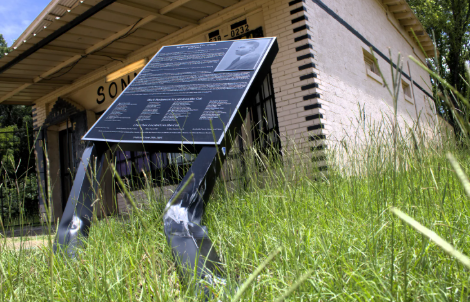It’s important to memorize emergency contact phone numbers
Published 8:00 am Saturday, December 21, 2019

- Dr. Janet Hurley
Not too long ago, I stopped at the scene of an accident to render aid while awaiting other first responders. The individual was thankfully not injured, and his main request was that someone help him find his cellphone so he could call his loved ones. Several people offered to let him borrow their cellphones, but he couldn’t use them — because he did not have the phone numbers memorized. This is not the first time I have witnessed this, and I am concerned that many citizens have not memorized emergency contact numbers.
When an accident occurs, it is common for a person’s phone to be dislodged from its typical resting place in the vehicle. Often, vehicles involved in accidents end up in the middle of intersections and roadways, and it simply is not safe to search through the wreckage for a missing cellphone. You cannot assume you will have access to your cellphone in an emergency. In the accidents where I have assisted, there were many good people offering to place calls for accident victims, but the victim did not have any phone numbers memorized. Zero. Not one.
Trending
In grade school, we encourage children to memorize vital information such as their address and their phone number. It is my recommendation that all people memorize at least two emergency contact phone numbers for use in the event of an emergency, especially if their cellphone is damaged or cannot be located. It is also wise to keep an emergency contact card in a purse or wallet in the event that one is injured badly enough that they cannot be interviewed for this information. This will help to ensure that beloved family members are notified after emergencies in a timely manner.
The Texas Department of Public Safety permits individuals to include emergency contact information at the time of a renewal, replacement or change of address on a Texas driver’s license. It is wise to ensure that this information is included. This is not printed on an individual driver’s license, but it is released to law enforcement personnel in the event of a collision or medical emergency.
The next time you have to call your closest loved ones, I challenge you to dial the number by hand for a while until you are sure you have the number memorized. Should you be in an accident in the future where your cellphone is unavailable, you will sure be glad you did.
Dr. Janet Hurley is medical director of population health at Christus Trinity Mother Frances Health System.






